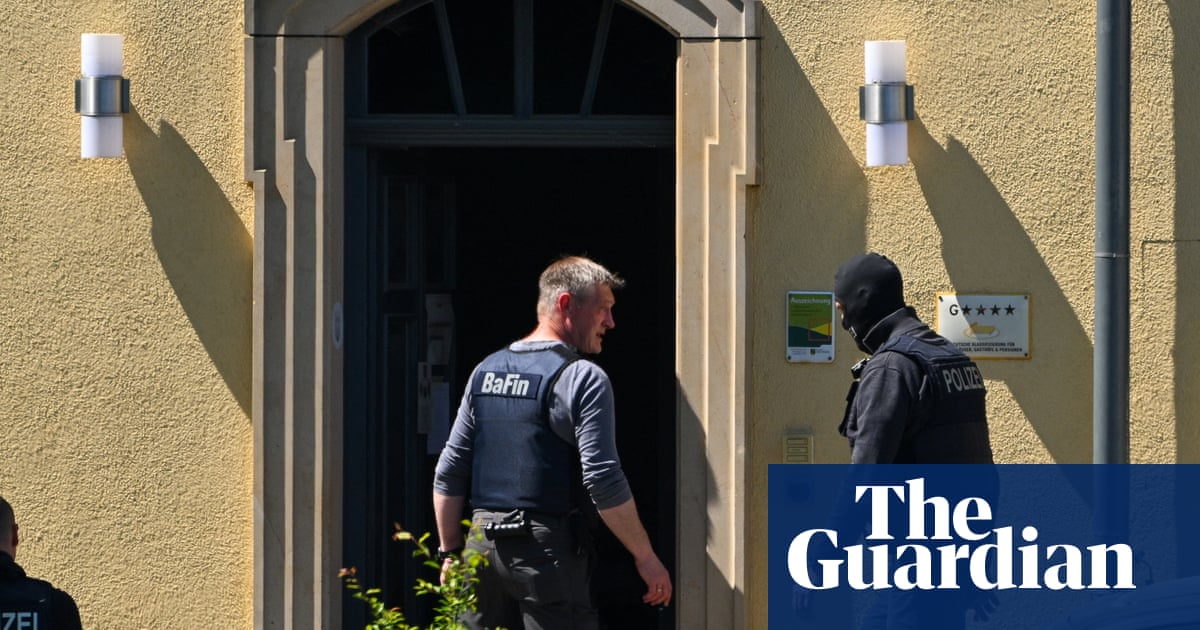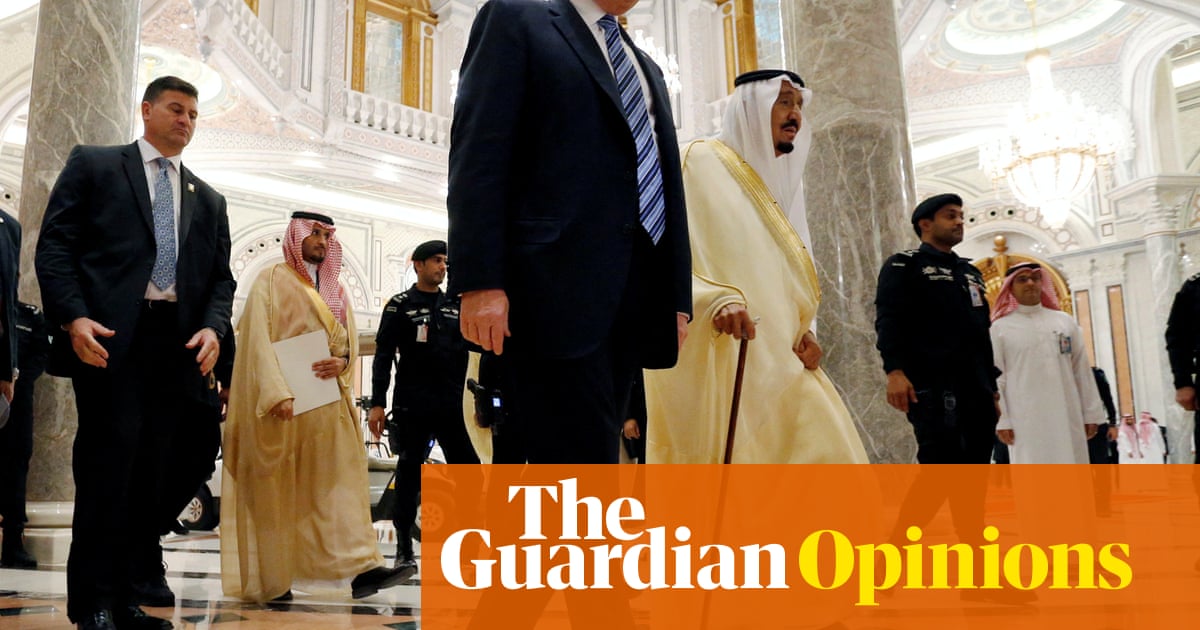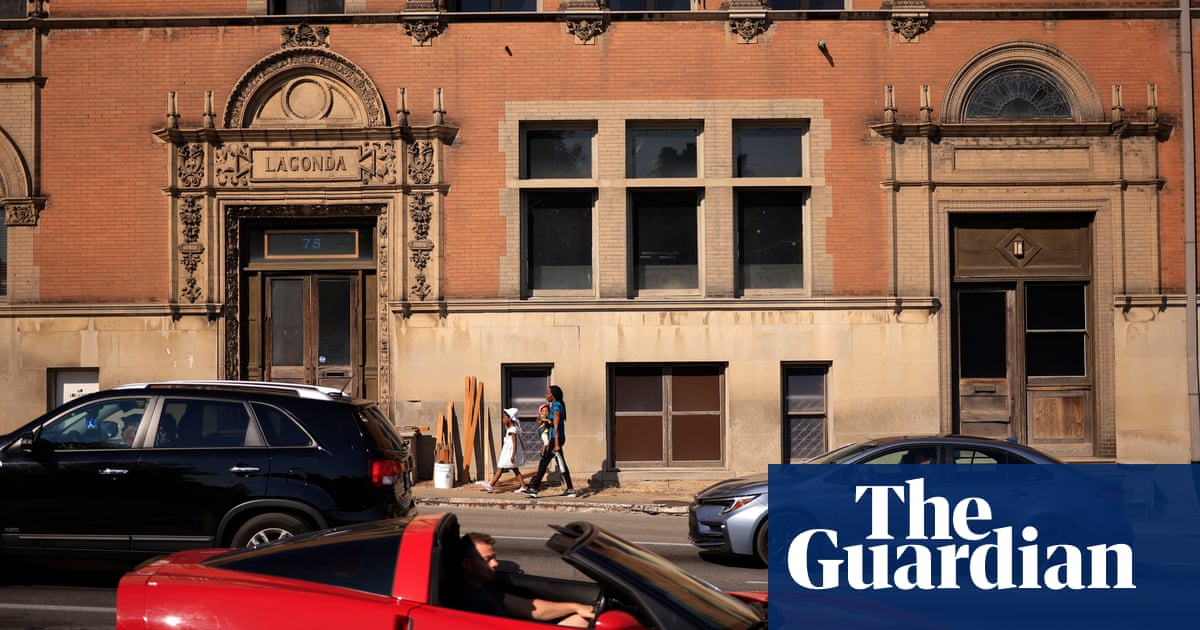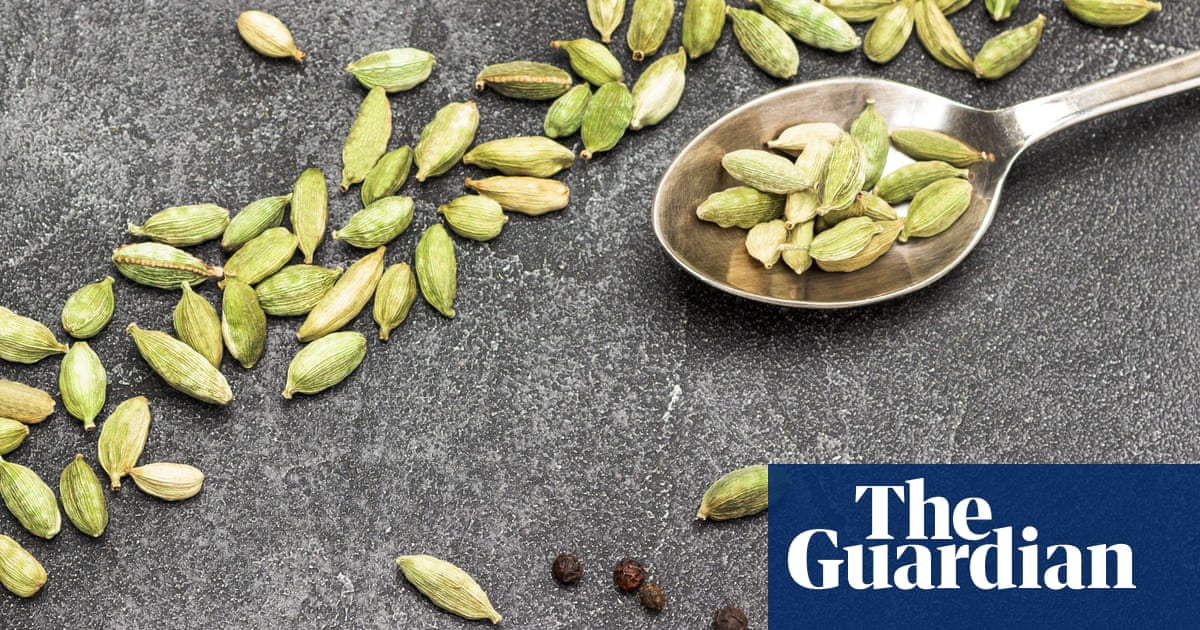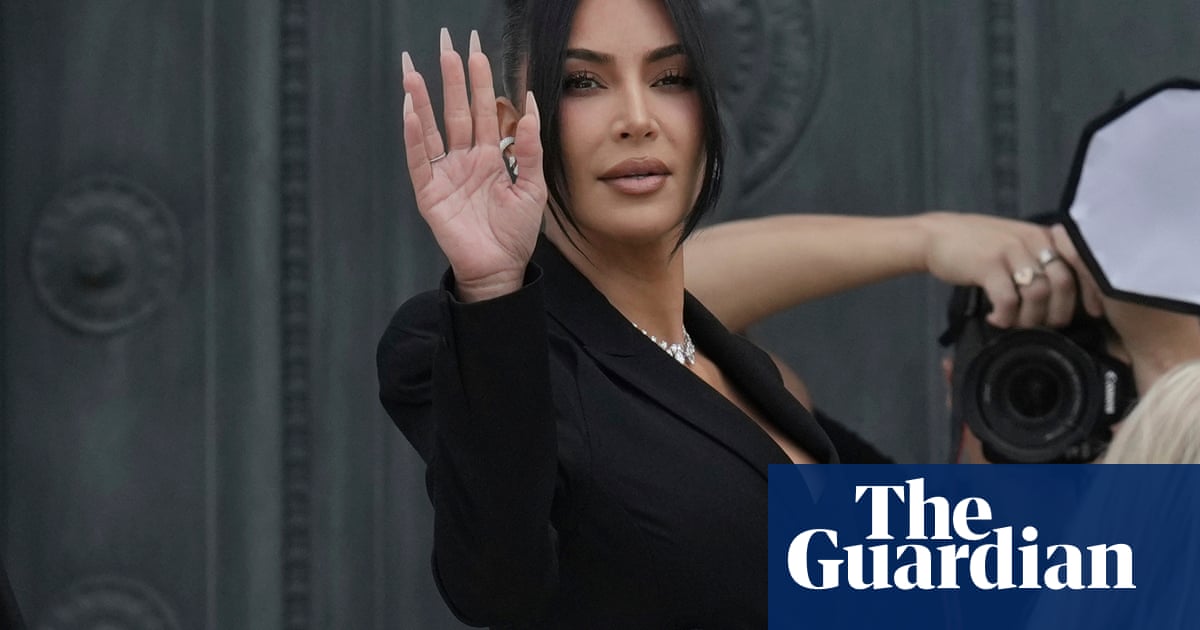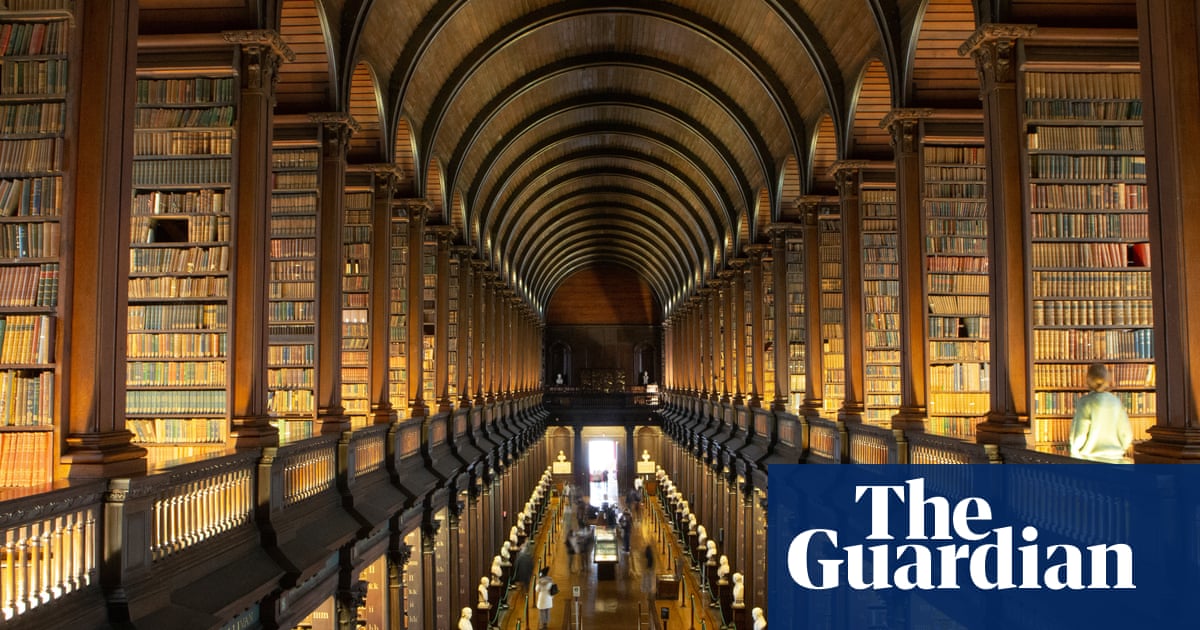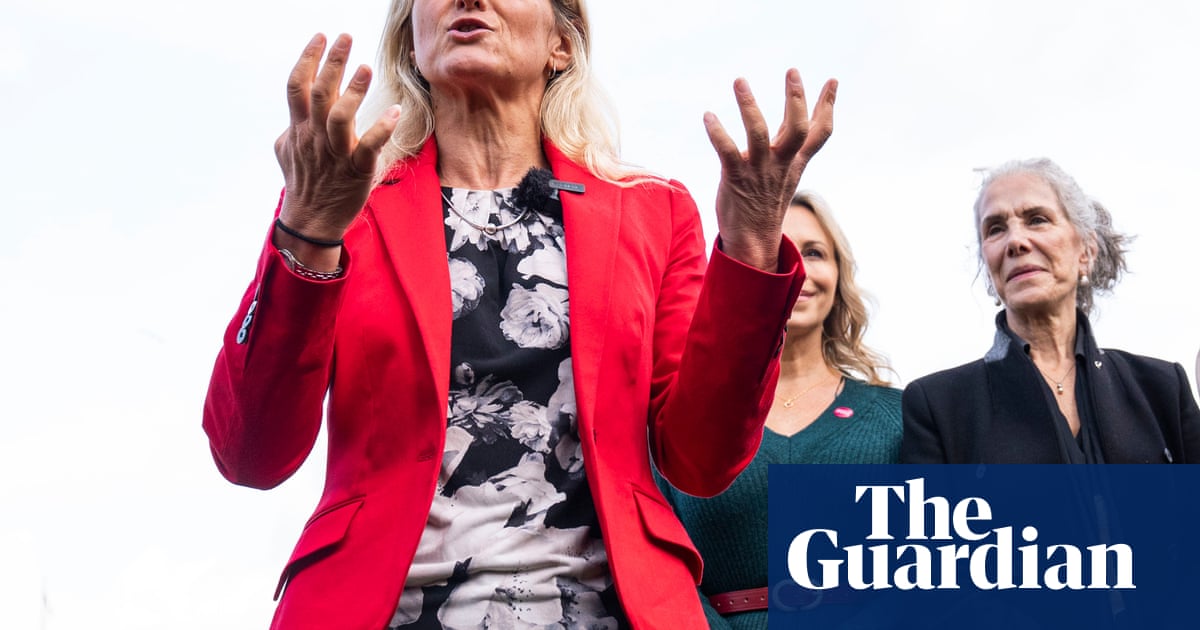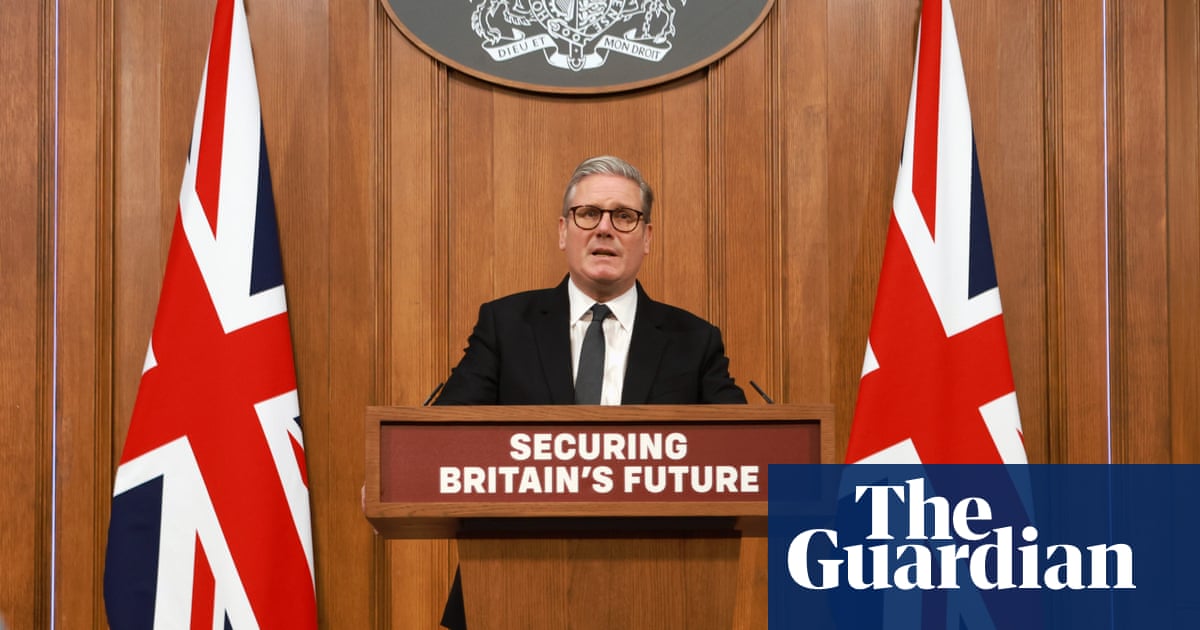How does Xi Jinping view the circus Donald Trump is ring-mastering in Washington? There is no denying that the new president has created an opportunity for Xi to drive a wedge into the flank of the battered transatlantic alliance. China’s special representative to the EU optimistically described Trump’s treatment of Europeans as so “appalling” that it was likely to make them more willing to recognise Beijing’s approach to “peace, friendship, goodwill and win-win cooperation”.
It was only a few months ago that Xi deserved his reputation as the world’s disruptor-in-chief. Beijing was (and still is) encroaching in the South China Sea, stepping up its incursions in Taiwan, and jousting with Japan over claims to the Senkaku Islands. But since Trump’s election, Xi has begun to look comparatively restrained, like the steadier player in US-China relations. His foreign minister, Wang Yi, went as far to describe China as an anchor in an increasingly uncertain world.
As Trump’s manic tariff war continues to blow the global economy into uncharted waters (the US and China have now agreed a 90-day pause to their intransigent trade war), Xi’s restraint is being tested. After all, like Trump, he is by nature a retaliatory leader. “We are not afraid of provocations. We don’t back down,” the Chinese foreign affairs ministry spokesperson, Mao Ning, declared recently on X. Then she did something truly striking: she linked a clip of Mao Zedong giving a speech during the early 1950s, when the People’s Liberation Army was battling American GIs in the Korean war. “We will never yield … We’ll fight until we completely triumph”, Mao declares in the clip. The message was clear: Xi Jinping will not bend to Trump’s belligerence.
The wealthier and more powerful China has become, the more Xi has come to view diplomatic concessions as signs of weakness. He is now just as unlikely as Mao was to make compromises that would maintain peace. That said, Chinese leaders still find Trump hard to read. But here Xi has an incomparable advantage over other mystified global politicians. He already knows what happens when an erratic despot is allowed to override checks and balances, demolish opposition, silence the media, attack his rivals and unleash disorder. He experienced this very phenomena under Chairman Mao.
Mao’s Cultural Revolution coincided with Xi’s teenage years. The period was one of violence and mayhem as Mao rallied millions of Red Guards with his famous poster calling on them to “bombard the headquarters”, a metaphor for attacking the bureaucratic state and overthrowing the existing order. The result was a savage assault on the Communist party establishment. Leaders turned against each other, young people denounced their teachers and parents, and violent class warfare spread across the country. Xi experienced all this personally: he was shipped off to the countryside as a teenager to learn from workers and farmers as part of the “down to the countryside” movement, and his own father, a veteran revolutionary, was denounced as a counter-revolutionary and purged from the party.
Now Trump has rallied his own version of Red Guards, the Proud Boys and other vigilante groups who are bent on attacking the so-called deep state, defying lawmakers and supporting the president in his efforts to overturn the established order. Just as Mao inspired uneducated, disenfranchised Chinese peasants to follow him in a rural revolution a century ago, now Trump’s dispossessed, aggrieved base have not only voted him into office, but are set on overturning both the domestic and global status quo.
If he wants a guide to the conundrum of the second Trump administration, Xi need look no further than his own country’s experience surrendering to Maoism. During Mao’s revolution, politicians, corporate leaders, lawyers and even heads of universities were forced to genuflect before the Great Helmsman, as Mao was known. Trump now expects the same servile loyalty from those who surround him. He has cut off funding to universities, threatened to revoke broadcast licences from media outlets that dare to disagree, and has menaced political opponents. Mao, like Trump, loved chaos as well as control, and acted impulsively to keep everyone off-balance with his unpredictability. As Trump’s special presidential envoy Ric Grenell recently put it: “Predictability is a terrible thing.”
If anything, Trump is a far more Maoist leader than Xi. The Cultural Revolution made Xi deeply allergic to the kind of disorder Mao unleashed and that Trump is now inflicting on the US. Xi is inclined toward extreme forms of control that are characteristic of one-party Leninist states, and continues to view mass upheavals as dangerous. His plan isn’t to echo Mao; it’s to create a modern techno-autocracy backed by a vibrant economy.
Reflecting on Mao’s style of leadership shows just how different Xi really is from Trump. If the Chinese president is smart, he’ll not retaliate against US belligerence in an immediate tit-for-tat manner. Instead, he’ll wait, make nice, especially toward Europe and countries that the west has historically counted as allies, including Japan, Australia and Korea. If the US doesn’t come back to its senses soon, Trump’s binge of self-destructiveness could enhance China’s rise without Xi having to lift a finger. You could think of it as America’s Great Leap Backward.
Europe should be wary of Xi’s advances. Though he might wish to peel the continent loose from the transatlantic alliance, his offers of friendship are strictly utilitarian. Trump may have thrown the geopolitical chessboard on the floor, and Beijing may be attempting to sell itself as a more reasonable global “anchor”, but there is a profound contradiction between democracy and autocracy, and between Europe and the People’s Republic of China. That will remain difficult, if not impossible, to bridge.
-
Orville Schell is the Arthur Ross director of the Center on US-China Relations at Asia Society

 6 hours ago
6
6 hours ago
6




